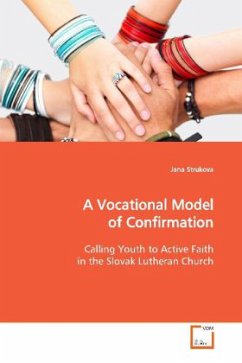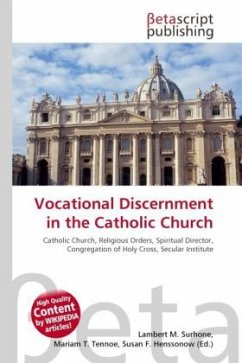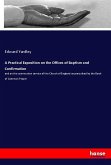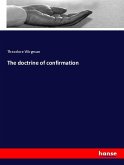This book examines the practice of confirmation in
the post-communist context of Slovakia and the Slovak
Lutheran Church during 1993-2003. It proposes a fresh
approach to the theory and practice of confirmation
for churches that find themselves surrounded by new
political, cultural, and spiritual realities. This
new paradigm of confirmation speaks to a context that
is transitioning from communism to democracy. Drawing
on Martin Luther''s concept of vocation, confirmation
embodies an active response to
God''s gift of baptismal grace. Emphasizing
confirmation as agency, youth are nurtured
in the practices of owning and living out their faith
in broader society. Articulating a theological basis
for a faith active in the world, this vocational
approach to confirmation contributes to the values
and practices of building a democratic and civil
society. This book will be of interest to academic
theologians, students of theology, and pastors.
the post-communist context of Slovakia and the Slovak
Lutheran Church during 1993-2003. It proposes a fresh
approach to the theory and practice of confirmation
for churches that find themselves surrounded by new
political, cultural, and spiritual realities. This
new paradigm of confirmation speaks to a context that
is transitioning from communism to democracy. Drawing
on Martin Luther''s concept of vocation, confirmation
embodies an active response to
God''s gift of baptismal grace. Emphasizing
confirmation as agency, youth are nurtured
in the practices of owning and living out their faith
in broader society. Articulating a theological basis
for a faith active in the world, this vocational
approach to confirmation contributes to the values
and practices of building a democratic and civil
society. This book will be of interest to academic
theologians, students of theology, and pastors.








